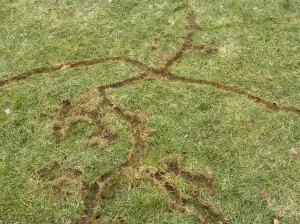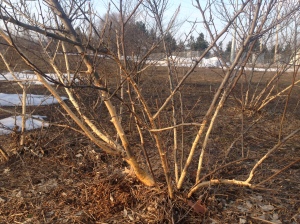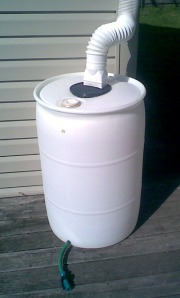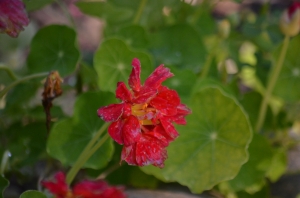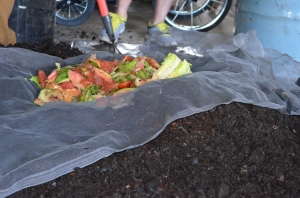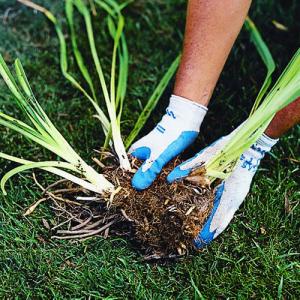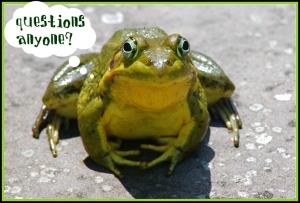Vole? Not a Mole?
Many of you have seen our posts about voles, but do you really know what this creature is and what he can do in your garden?
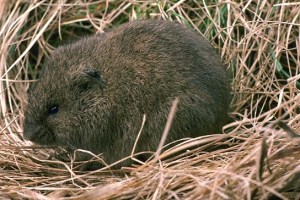 Most of us have heard of mole control, but not vole control. Why? Well, the latter gets little recognition but may be making his presence known in your gardens now.
Most of us have heard of mole control, but not vole control. Why? Well, the latter gets little recognition but may be making his presence known in your gardens now.
Voles vs. Moles
Many may not know the difference between moles and voles, but even those who are not landscaping enthusiasts have heard of moles. Most people go their whole lives without ever so much as hearing about these similar-looking pests. To make matters more confusing, these pests are sometimes referred to as “meadow mice” or “field mice.” But when you identify the damage they cause in lawn and garden alike, you’ll quickly learn that this is no “little” pest control problem.
Since voles are not the only animal pests responsible for runways in lawn and garden areas, they are often confused with these other pests you’d like to get rid of – moles. Both moles and voles are rarely seen, making more sense to base identification on the signs they leave behind, rather than on how the animals look. After all, you may never come face to face with either of them!
Vole Damage:
- Well-defined, visible tunnels, or “runways” at or near the surface, about two inches wide, a result from the voles eating the grass blades, as well as from the constant little feet traffic.
- White, stripped branches, near or at base of shrub.
Moles Runways:
- Running just beneath the surface, the feeding tunnels appear as raised ridges running across your lawn.
- Feeding tunnels network deep below the surface, but are marked by the soil excavated from below.
Voles leave no mounds at all behind. What they do leave behind is this:
(insert-start crying now!) With the winter we have had, they had a tough one too! So they made a feast of your shrubs and possibly lawns.
What to do with the vole damage? Well, if it is in your lawn, you can add some compost and grass seed and soon no one will know the difference. Your gardens are a different story.
Most importantly, you must remove all damaged wood from your trees & shrubs. Leaving the damaged, exposed wood is just an invitation to pests and disease, possibly further damaging others in your landscape gardens.
Adding compost and good fertilizer early in the spring can be just what they need to grow past this little inconvenience.
Now to get rid of those little rascals, stay tuned for next weeks post.


